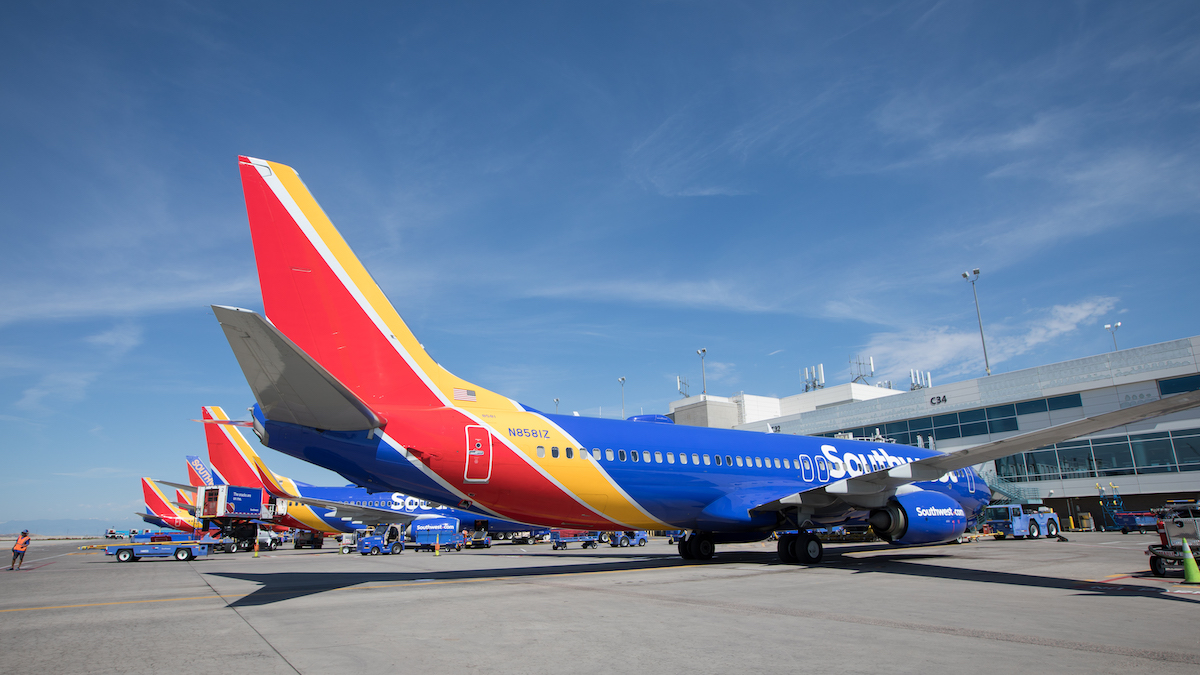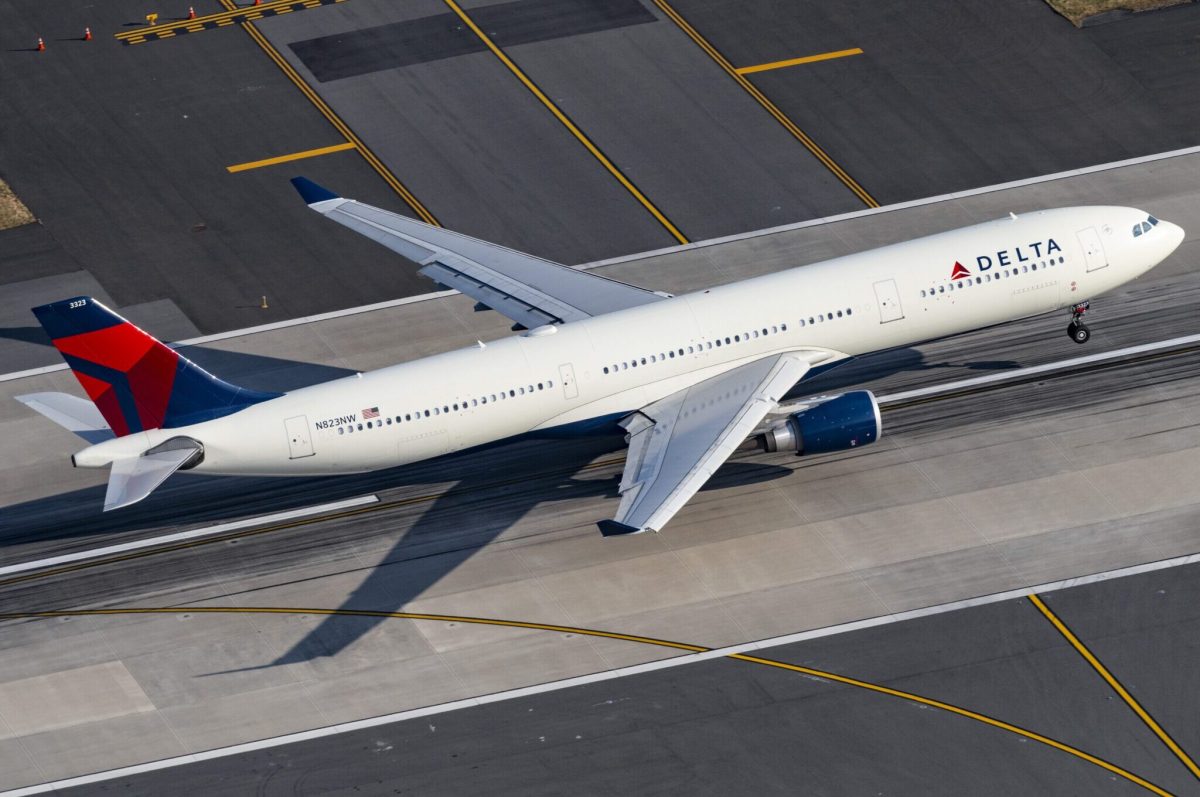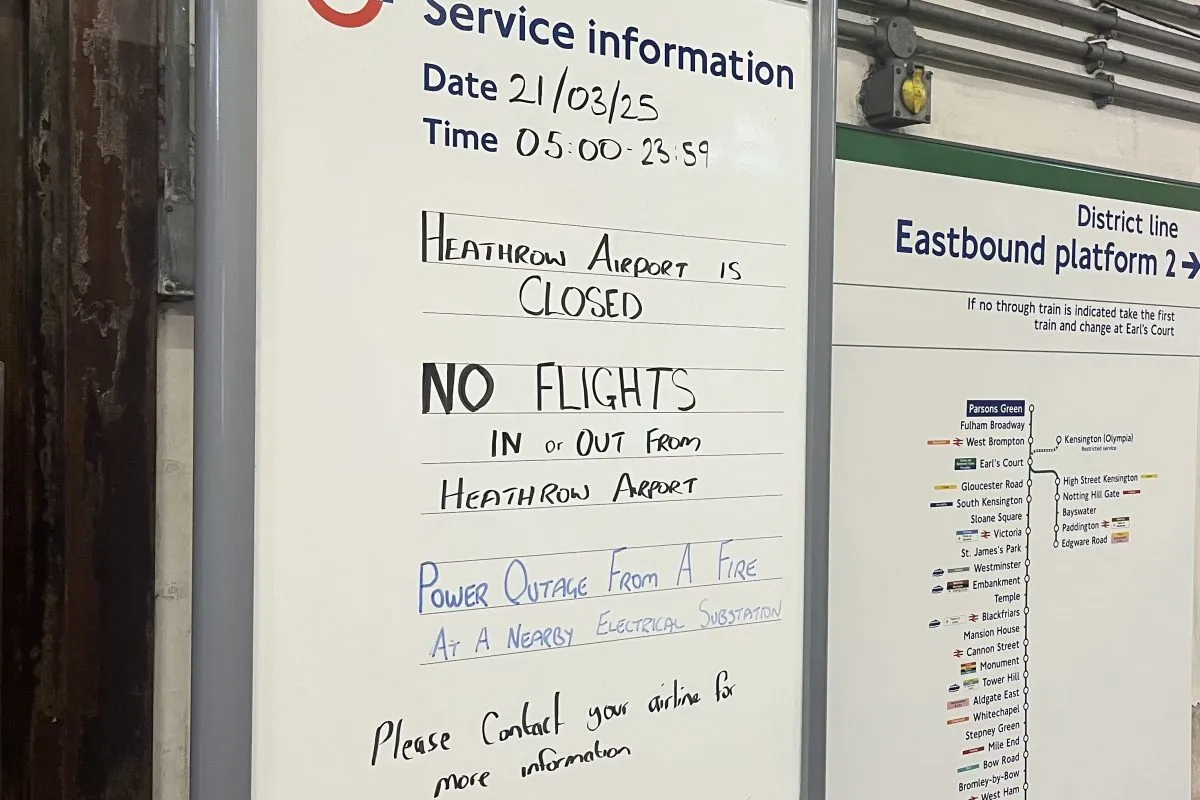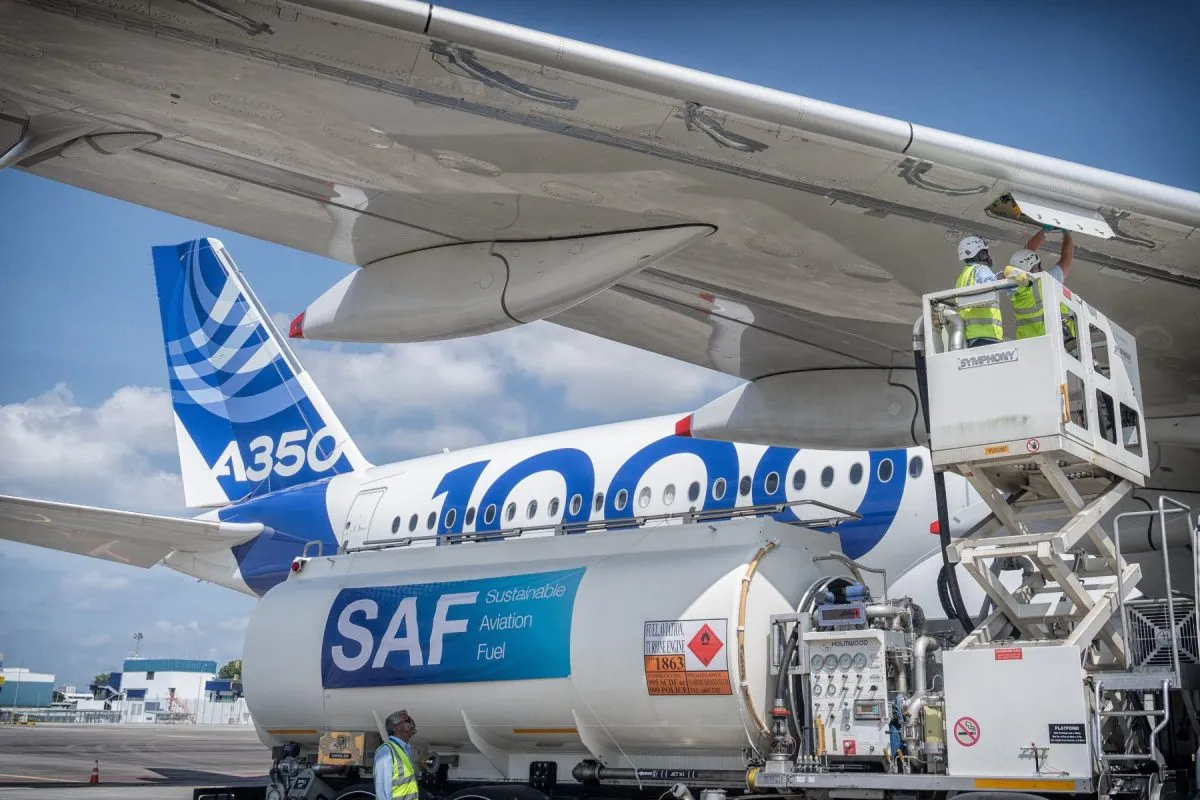Southwest Hit With $140 Million Fine Over 2022 Holiday Meltdown

Skift Take
The Department of Transportation has ordered Southwest to pay a $140 million fine for numerous consumer-protection violations that resulted from last year’s holiday travel meltdown.
The fine is 30 times larger than any previous DOT penalty for consumer-protection violations, and the majority will go toward compensating future Southwest passengers for delays or cancellations, the DOT said.
Of the $140 million, Southwest has to pay $35 million to the government and has to reserve $90 million in vouchers for future customers affected by “controllable cancellations and significant delays.”
The DOT said Southwest is required to give passengers a $75 voucher if they arrive at their destination more than three hours late due to issues within Southwest’s control.
“Today’s action sets a new precedent and sends a clear message: if airlines fail their passengers, we will use the full extent of our authority to hold them accountable,” said U.S. Transportation Secretary Pete Buttigieg.
The DOT concluded in an investigation that Southwest did not do enough to protect its customers during the 2022 holiday travel season when a severe winter storm caused airlines to cancel thousands of flights. But while other airlines were able to recover quickly after the storm, Southwest couldn’t, leading to the cancellation of almost 17,000 flights between Christmas and New Year’s.
Southwest described the settlement as “consumer-friendly” and said it has since changed much of its strategy around winter weather.
The meltdown prompted Southwest to invest billions in upgrading its technology, deploying more de-icers, along with implementing strategies to better coordinate its crews during severe weather.
Southwest CEO Bob Jordan vowed at a Wings Club in New York on December 14 that such an event would never happen again, according to CNBC.
"We have spent the past year acutely focused on efforts to enhance the Customer Experience with significant investments and initiatives that accelerate operational resiliency, enhance cross-team collaboration and bolster overall preparedness for winter operations," Jordan said in a statement.





